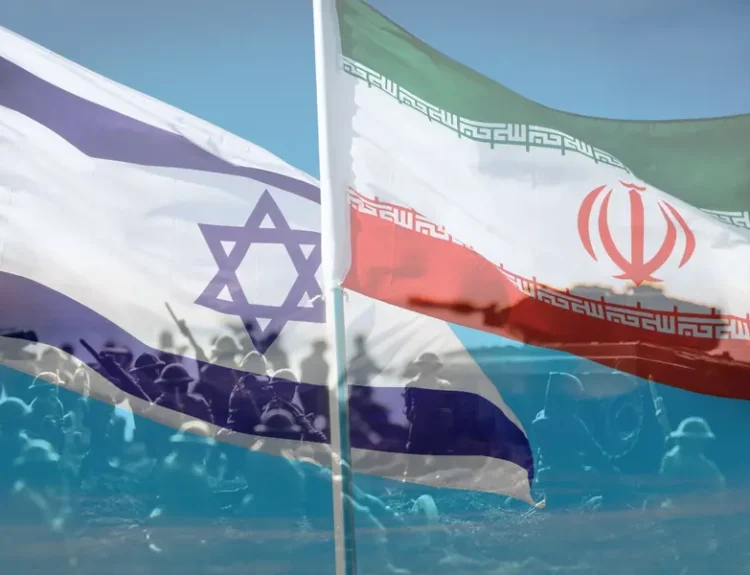President Donald Trump concluded a significant Middle East tour this week, visiting Saudi Arabia, Qatar, and the United Arab Emirates (UAE) from May 13 to May 16, 2025. The trip emphasized economic partnerships, regional security, and a recalibration of U.S. foreign policy in the region.
Economic Engagements and Strategic Partnerships
In Saudi Arabia, President Trump met with Crown Prince Mohammed bin Salman, resulting in two major agreements: a defense pact enhancing military cooperation, including joint basing and arms deals, and a critical minerals and technology agreement aimed at integrating U.S. companies into Saudi supply chains
The UAE visit featured a state dinner at Qasr al-Watan palace, where Trump was awarded the Order of Zayed. The UAE also committed to significant investments in the U.S., further solidifying economic ties.
Regional Security and Diplomatic Initiatives
President Trump’s approach marked a departure from traditional U.S. foreign policy, focusing on direct engagement with Gulf nations and a hands-off stance regarding ongoing conflicts. Notably, Trump initiated direct negotiations with groups like Hamas and the Houthis, without Israeli involvement, leading to concerns in Jerusalem about being sidelined.
In Yemen, the U.S. concluded “Operation Rough Rider,” a series of air and naval strikes against Houthi targets, following a ceasefire agreement brokered by Oman. The Houthis agreed to halt attacks on vessels in the Red Sea, though they stated the ceasefire did not apply to Israel.
Humanitarian Concerns and Ethical Considerations
While the tour achieved significant economic and diplomatic outcomes, it also drew criticism for overlooking humanitarian crises, particularly in Gaza. President Trump sidestepped questions regarding Israel’s military actions in the region, focusing instead on broader strategic goals.
Additionally, ethical concerns arose over potential conflicts of interest, as reports indicated that Trump family businesses secured substantial investments and deals during the trip.
Conclusion
President Trump’s 2025 Middle East tour signaled a strategic shift in U.S. foreign policy, emphasizing economic diplomacy and realignment of regional partnerships. While achieving notable agreements and investments, the trip also highlighted challenges in balancing strategic interests with humanitarian considerations and ethical standards.



